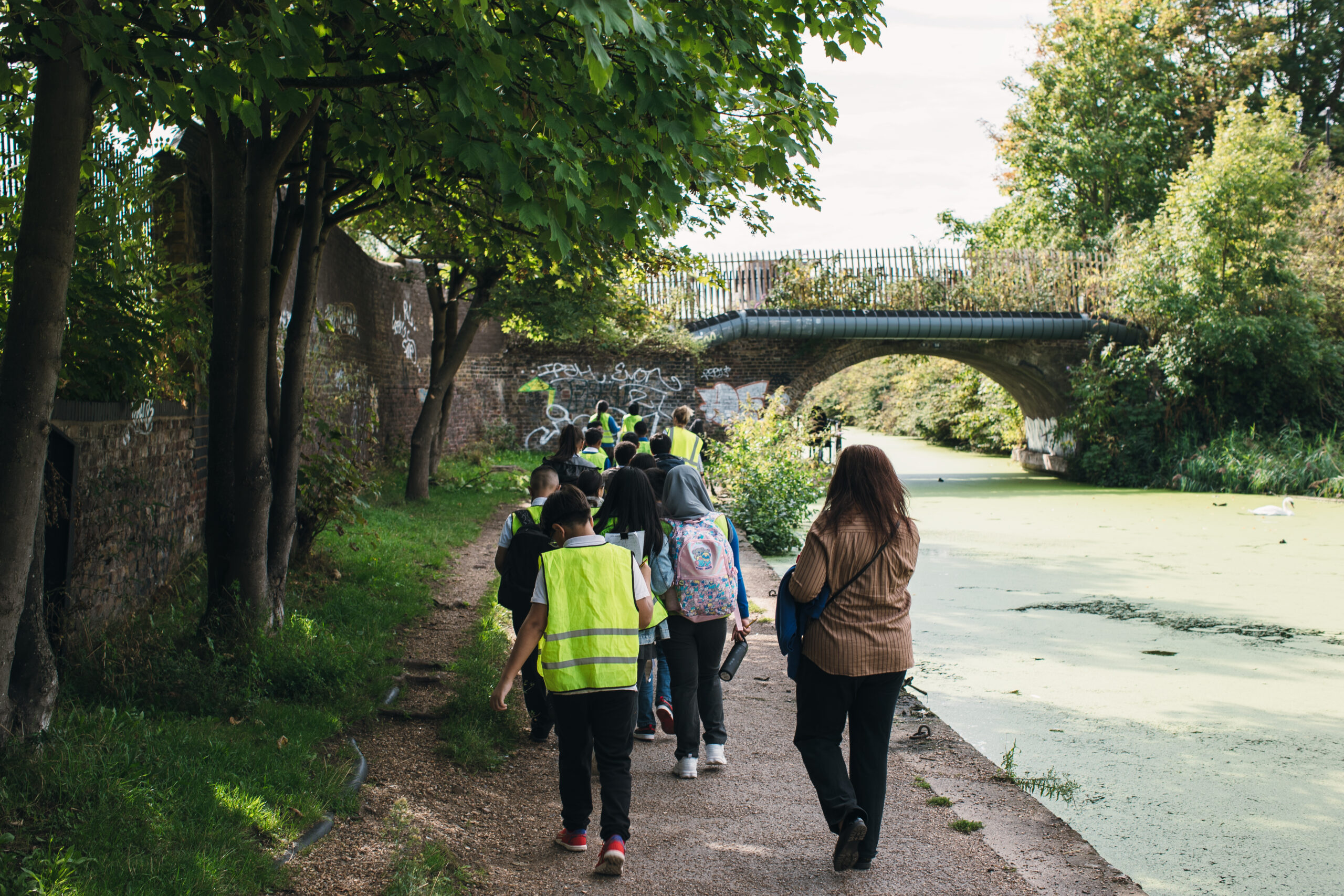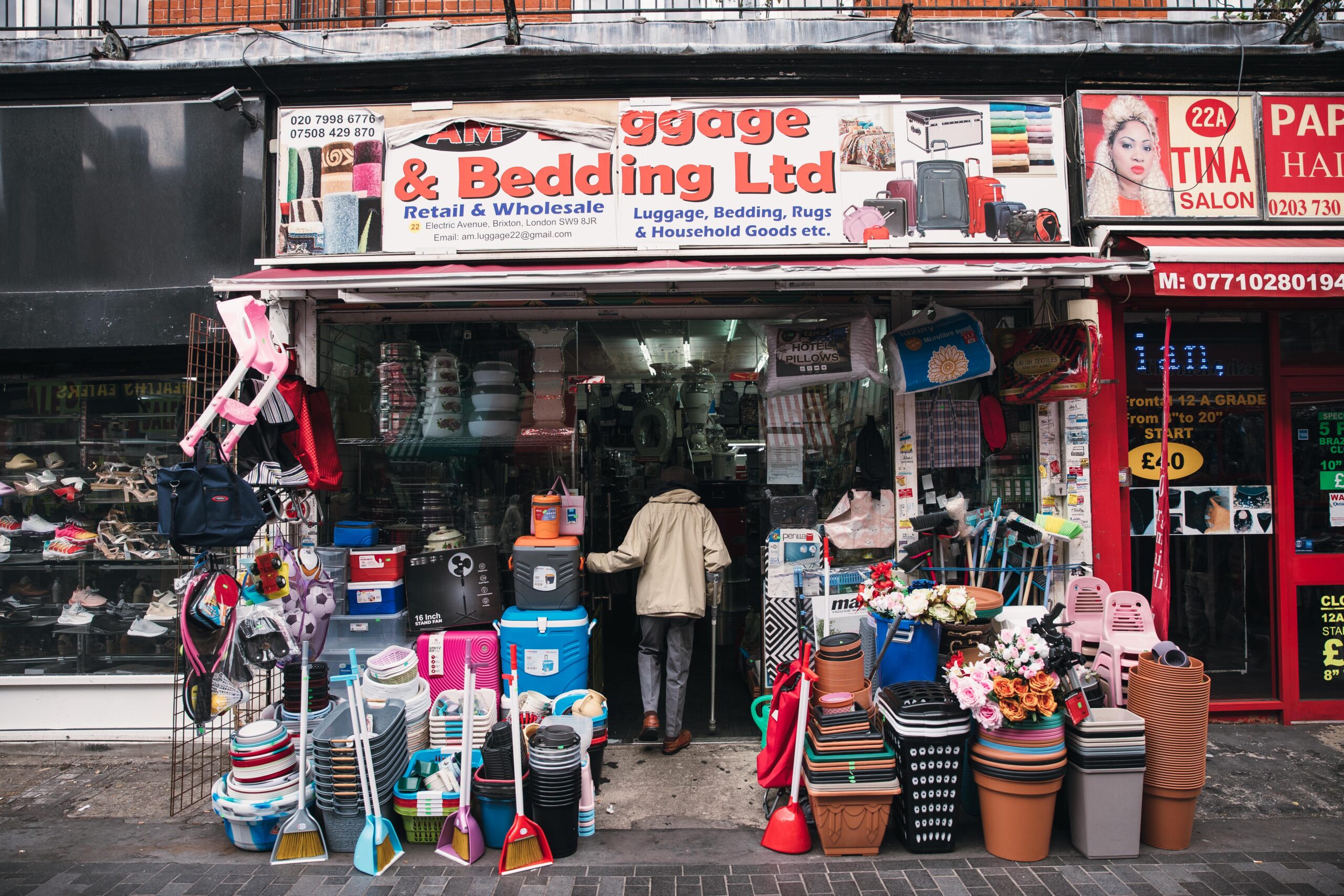New coalition calls for improved action on health inequality
- A new, diverse coalition of the UK’s leading charities, businesses and sector bodies — including the Children’s Society, Health Foundation, Legal & General, and Local Government Association — have come together as Health Equals, calling on politicians to take immediate action to create more equal opportunities for good health and wellbeing.
- The group’s launch campaign #LivesCutShort calls attention to regional inequalities in life expectancy, highlighting the millions of lives being ‘needlessly’ cut short in the UK because of where they live.
- A baby born in Blackpool South will – on average – live to age 75, whereas a baby born in Cities of London and Westminster will live to 88. The size of this life expectancy gap is ‘largely preventable’.
- Health Equals launched a new life expectancy look-up tool to highlight how the opportunities for good health and wellbeing vary significantly from place to place
A new, diverse coalition of the UK’s leading charities, businesses and sector bodies – including the Health Foundation, Legal & General, Children’s Society, and the Local Government Association (LGA) – have come together as Health Equals, calling on politicians to take immediate action to reverse the widening gap in health inequalities which is damaging us all.
The group’s launch campaign, #LivesCutShort, calls attention to the UK’s regional inequalities in life expectancy. Using these varying life expectancies, the campaign highlights how our health and wellbeing is shaped by the world around us, and how the opportunities for good health – stemming from our education, housing, work, environment, and community – are not available to everyone.
Carrie Hume, Head of Health Equals
‘Our members are diverse but carry the same message. The size of the UK’s life expectancy gap is largely preventable, but not enough attention is paid to how our health is shaped by our interactions with the world around us. We’re calling on politicians to take action, doing more to understand what shapes our health, and creating plans to improve our opportunities for good health.’
A new life expectancy ‘look-up’ tool launched by Health Equals today demonstrates the regional differences within one of the most significant yardsticks for our health – life expectancy. The data shows that in the UK, millions of lives are being cut short by over a decade because of where we live. A baby born in Blackpool South will – on average – live to 75, whereas a baby born in Cities of London and Westminster will live to 88.
John Godfrey, Director of Levelling Up, Legal & General
‘Life expectancy has stalled for the first time in 100 years – while for some areas of the UK, life expectancy is reversing. The UK is one of the wealthiest countries in the world and yet people are spending more time in poor health. It’s harming society, our economy and leading to lives needlessly cut short across the UK.’
The data showed that areas in Leeds, Manchester, and Middlesborough all have an average life expectancy of 76 – almost the lowest across the UK. In Scotland, the life expectancy across the whole of Glasgow is also 76, this compares to a high of 82 in East Renfrewshire.
Daniel Marshall, Director of Business Development, Citizens Advice
‘The UK’s life expectancy gap isn’t caused by chance. Access to basic things – homes that are warm and safe, neighbourhoods that have green spaces, and stable work – are some of the building blocks of good health and wellbeing. For too long they haven’t been available to everyone, but by increasing people’s awareness of how they impact our health outcomes, we can create change to improve the opportunities for good health and stop lives being cut short.’
Amy Dicks, Policy Manager, The Children’s Society
‘It is startling to see such stark differences in life expectancy. We all want our children to grow up healthy and happy and the building blocks for good health start with the very basics of decent housing, education, and safe communities. It’s time for politicians across the country to act now so that this becomes a reality for all our children.’
The 29 Health Equals member organisations have interests across housing, employment, business, our environment and more. This is the first time that such a diverse group of organisations, perspectives, and experiences has come together to call for action to improve health opportunities — showing a shared recognition that our health is everyone’s business.
A full list of Health Equals members can be found here.
Notes to Editors
About Health Equals
Health Equals is made up of 29 member organisations including charities, think tanks and industry organisations, who are collectively calling for action to create more equal opportunity for good health and wellbeing, for everyone. The organisations have interests across housing, employment, business, our environment and more.
About the data
Health Equals is drawing on data released publicly by the Office of National Statistics. For England, the data covers the years 2015-2019, whilst for Wales, Scotland and Northern Ireland, the data covers the 2017-2019 period. The data is based on the MSOA level in England. For Wales, Scotland and Northern Ireland MSOA level data was not available from the ONS at this time – therefore data is based on the local authority level. The interactive landing page provides life expectancies relevant to the postcode district level – this is estimated as an average of the life expectancies in the relevant MSOAs/ local authorities which lie within a postcode district. Parliamentary constituency level data has also been estimated adopting the same approach – an average of the life expectancies in the relevant MSOAs/ local authorities which lie within each constituency. The data is a calculated aggregate of male and female life expectancy, calculated as the simple average across the male and female values in each area. This was done in order to tell a clearer story on overall life expectancy in particular areas.
Additional information
Health Equals has access to additional spokespeople and new illustrative case studies. If there is interest in running this story, we are happy to provide these to you – including the full data set.
For any additional information, please contact:
Jack Maycock
Shape History
[email protected]
+44 (0) 7791176172
Holly Beattie
Health Equals
[email protected]
+44 (0) 20 7360 7501



